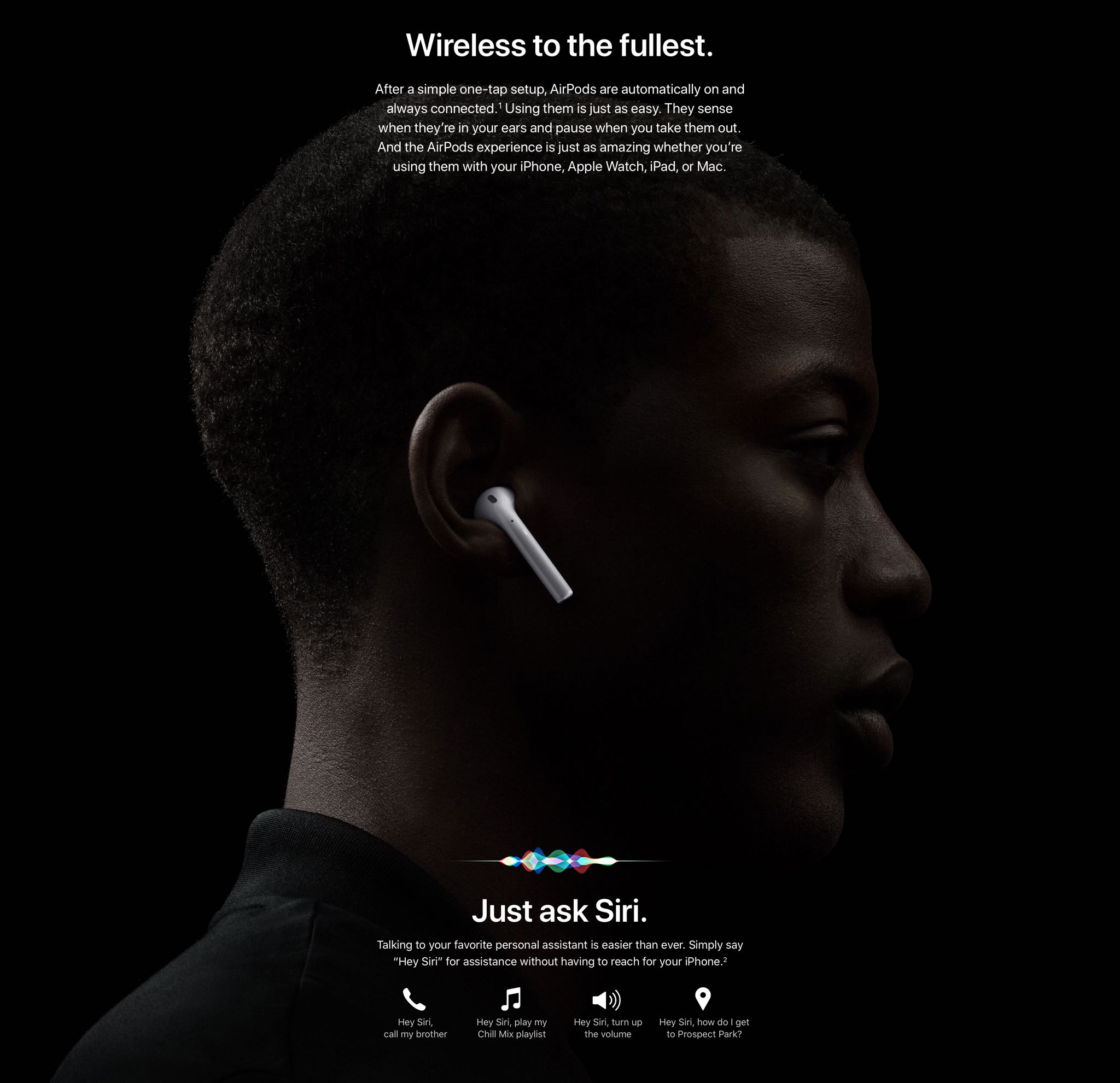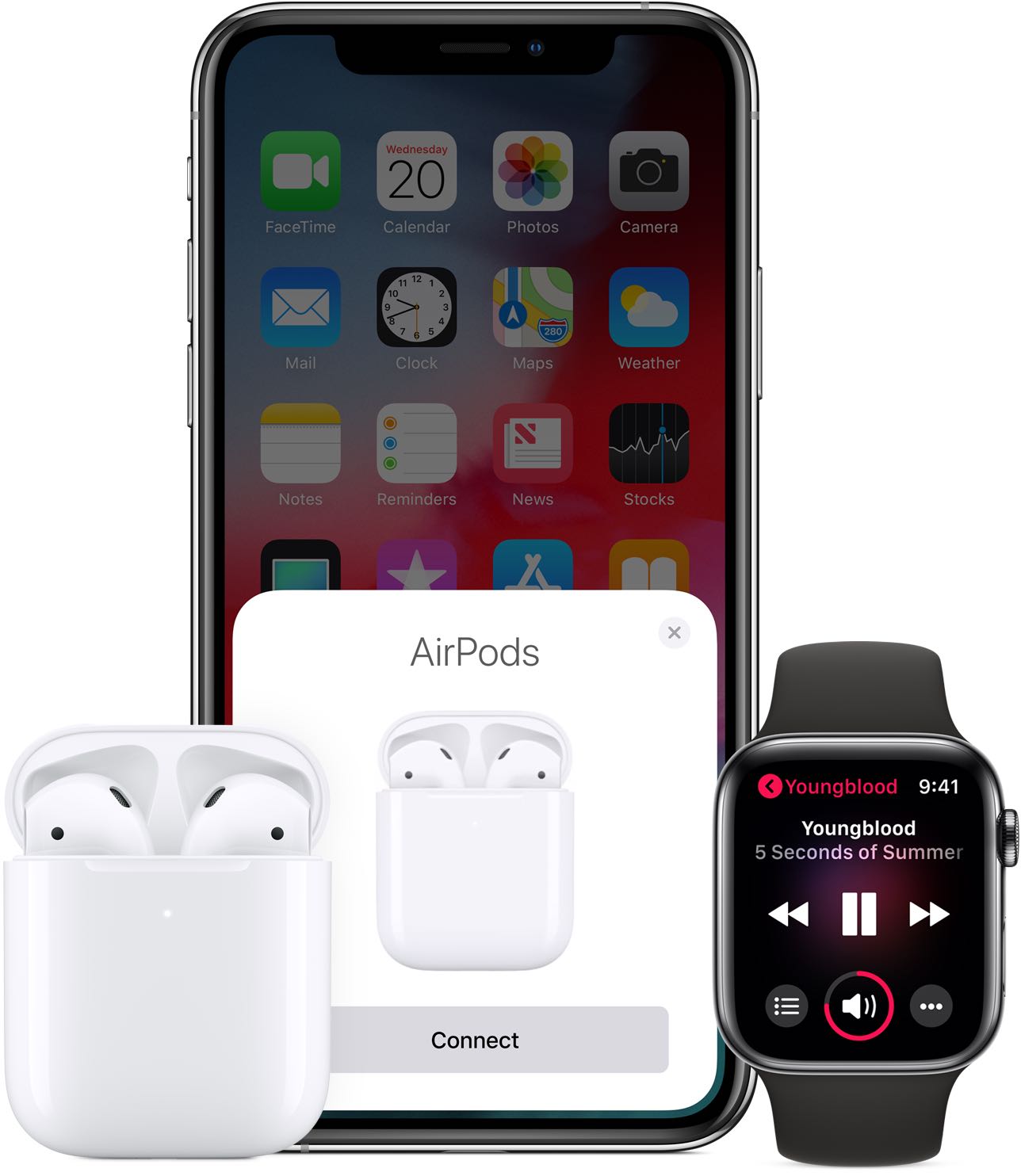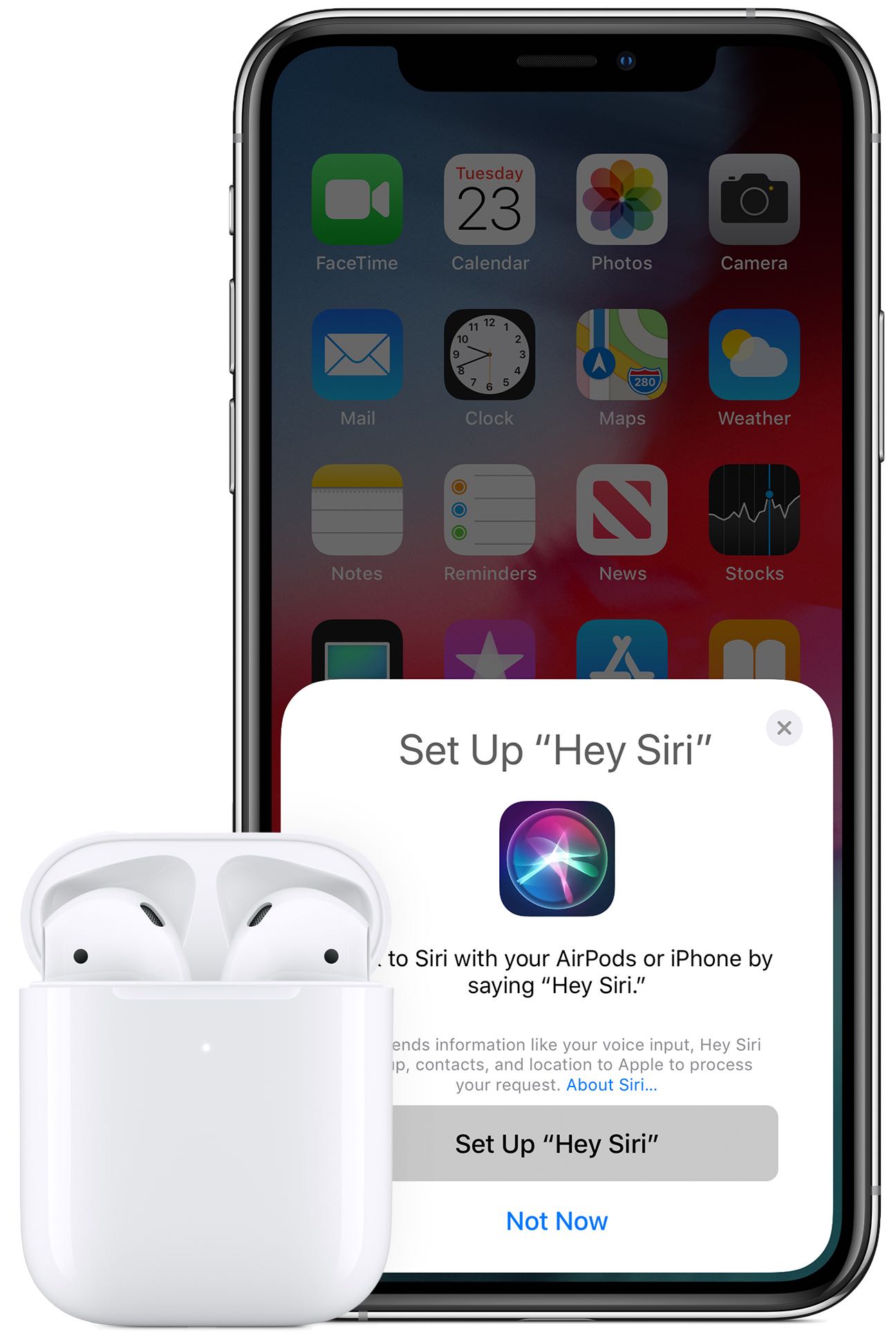
The original AirPods debuted the Apple-designed W1 wireless chip without which their seamless pairing and other unique features wouldn’t be possible. The new AirPods, available for pre-order beginning today ahead of their retail launch scheduled for Friday next week, take advantage of an improved version of the proprietary chip that now has a brand new name: H1.
When Apple was designing the original AirPods earphones, its engineers quickly came to the realization that they would need to take full ownership of the complete wireless stack because existing audio and pairing features afforded by the Bluetooth standard just wouldn’t cut it.
The company’s answer came in the form of W1, a proprietary wireless chip delivering reliable Bluetooth connections, lower power consumption and some capabilities unique to the earbuds.
This is what W1, Apple’s inaugural wireless chip, does in the original AirPods:
- Seamless Bluetooth pairing via iCloud on Apple devices
- Advanced power management
- Rendering of audio sent to it
- Processing of Bluetooth 4.1/4.2 connections
- Managing sensors
- Sophisticated syncing between the two earpieces, the case and the audio source
The second-generation AirPods bring additional functionalities not found on the first model, such as hands-free Hey Siri and 50 percent more talk time, but that’s not all.

According to Apple itself, the H1 chip in the new AirPods supports all of the features provided by the previous W-series wireless silicon, plus the following perks:
- Hey Siri
- An extra hour of talk time
- More stable wireless connection to devices
- 2x faster switching between active devices
- 30 percent lower gaming latency
- 1.5x faster connection time for phone calls
- Wireless charging for the battery case
Here’s how Apple pitches the new chip:
The new Apple-designed H1 chip features custom audio architecture to create a revolutionary audio experience and improved synchronization. H1 allows AirPods to deliver up to 50 percent more talk time compared to first generation AirPods.
Switching between devices while listening to music on iPhone, Apple Watch or iPad is more seamless than ever with two times faster connect times. For the first time, AirPods now feature the convenience of Hey Siri making it easier to change songs, make a call, adjust the volume or get directions simply by saying, ‘Hey Siri.’
Again, these features are only afforded by the new Apple H1 chip.

For the sake of completeness, here’s a quick overview of the W-series chips to date:
- Apple W1 is a system-on-a-chip used in the original AirPods and select Beats headphones, such as the PowerBeats3 Wireless, Solo3 Wireless and BeatsX. In the original AirPods, Apple W1 is responsible for maintaining a Bluetooth Class 1 connection with a device and decoding the audio stream sent to it.
- Apple W2 is integrated into Apple’s S3 system-in-package powering Apple Watch Series 3. According to the Cupertino company, switching to the W2 chip for Series 3 has resulted in 85 percent faster Wi-Fi performance and 50 prefect more power efficient Bluetooth and Wi-Fi versus the previous Apple Watch models.
- Apple W3 is a 2018 update to the W-series wireless chips from Apple. It supports Bluetooth 5 and is integrated in the S4 system-in-package driving Apple Watch Series 4.
Both the original AirPods and the new Hey Siri model also function as standard Bluetooth earbuds when connected to any Bluetooth 4.0+ device, including Android phones.
The new AirPods and the standalone Qi charging case can be ordered today through Apple.com and the Apple Store app ahead of their in-store availability beginning next Friday.
AirPods with standard charging case that does not support wireless charging are $159 in the United States. AirPods with the wireless charging case are available for $199. The standalone wireless charging case is $79 (it’s compatible with the original AirPods).